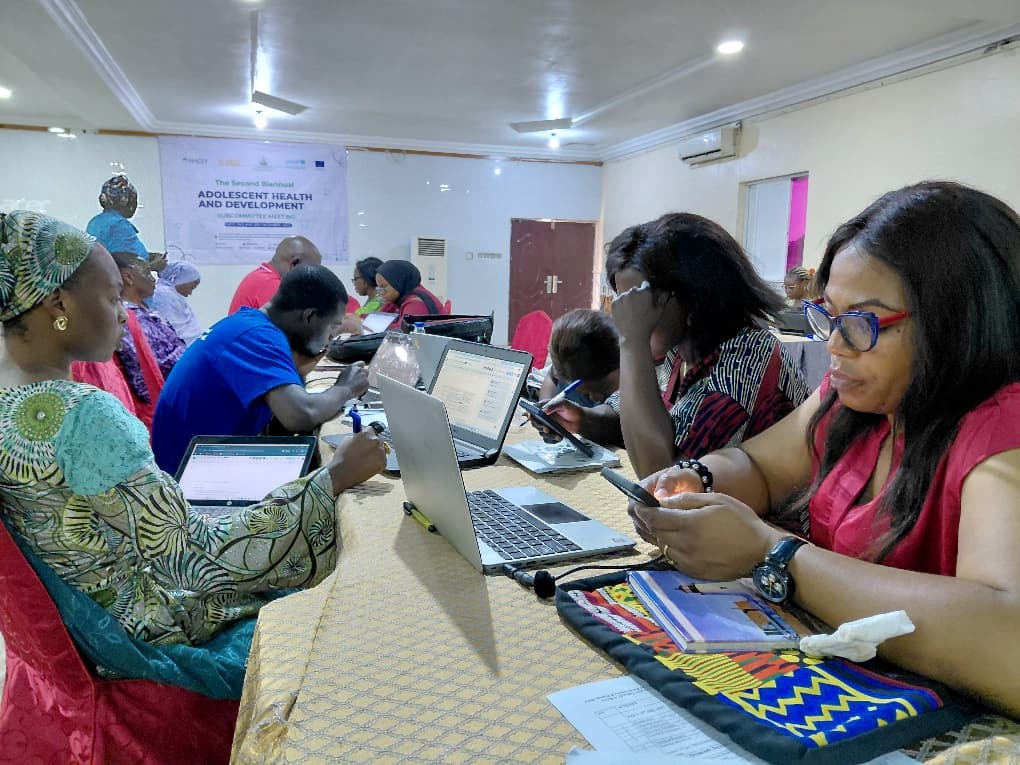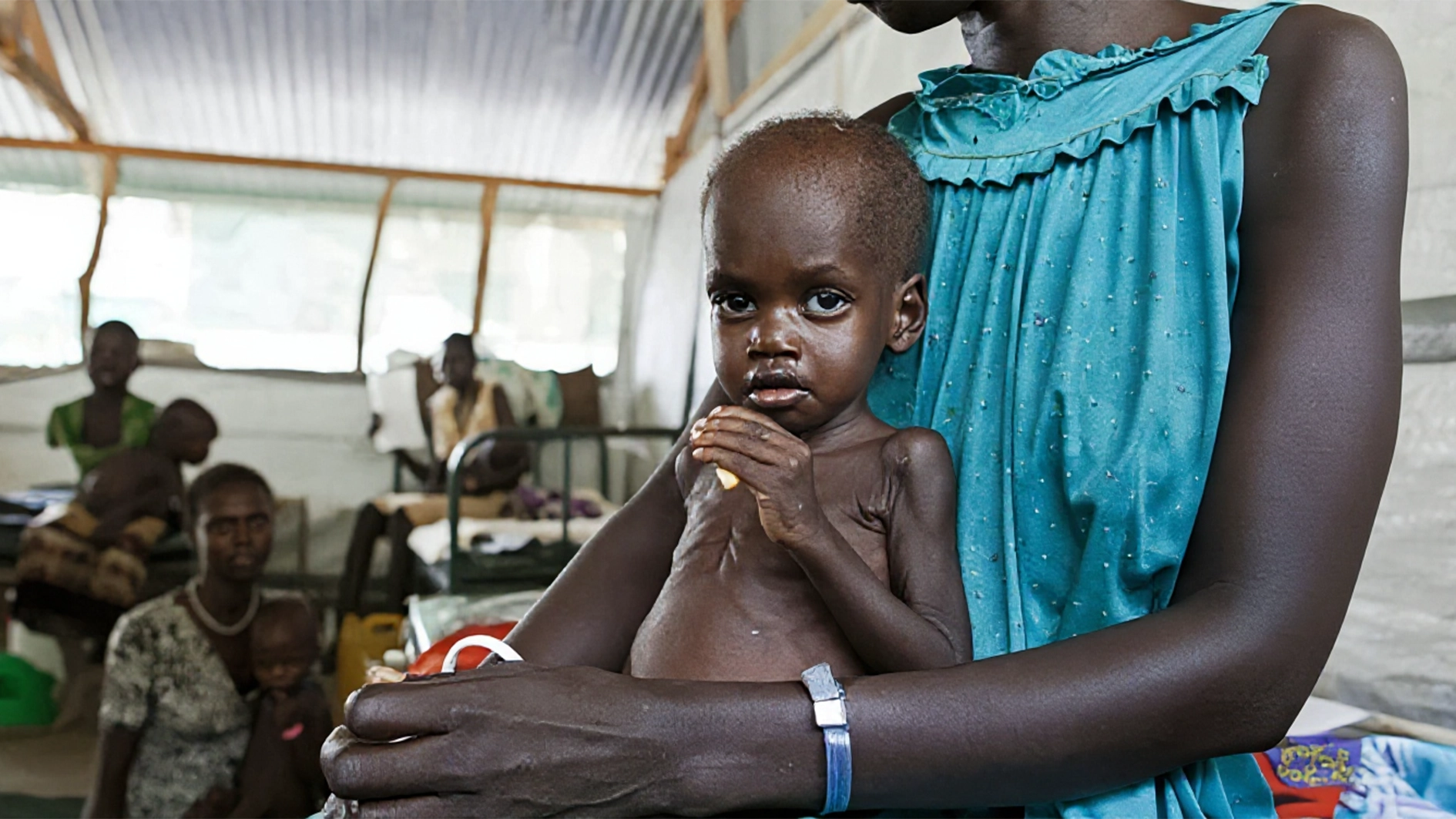Experts and policymakers have called on Nigeria to harness technology not only as a tool for innovation but also as a means of combating drug and substance abuse, particularly among young people increasingly exposed to both digital and chemical dependencies.
The call was made at the seventh National Conference and yearly General Meeting of the International Society of Substance Use Professionals (ISSUP) Nigeria, held at the Lagos Chamber of Commerce and Industry (LCCI), Lagos, with the theme: “Impact of Technology on Addiction: Innovations in Prevention, Treatment, Advocacy, and Research.”
Delivering the keynote address, Director of Research, Training and Head of the Drug Abuse Unit at the Neuropsychiatric Hospital, Aro, Dr Sunday Amosu, described technology as a paradox, a force for progress and, simultaneously, a trigger for new forms of addiction.
He observed that while digital tools have expanded access to healthcare and prevention resources, they have also intensified compulsive behaviours, particularly among youth navigating the pressures of modern life.
“Technology can be a double-edged sword. The same innovation that helps us track recovery and connect patients to help can also fuel gaming, gambling, and social media addictions. Our task is to strike a balance, leveraging tech for good while mitigating its harms,” Amosu said.
Representing the Minister of Youth Development, Ayodele Olawande, the Senior Technical Adviser on Youth Health and Policy Research, Dr Obinna Chinonso, commended ISSUP Nigeria for sustaining national dialogue on addiction and mental health.
He reaffirmed the government’s commitment to addressing drug and substance use among the youth, who constitute nearly 70 per cent of Nigeria’s population.
“When a young person falls into addiction, whether to drugs, alcohol, or technology, they are robbed of the clarity and creativity needed to seize available opportunities,” he said.
Chinonso outlined several initiatives, including the YoHealth Initiative, a youth-focused programme that prioritises mental health and substance abuse prevention.
He also announced the establishment of a technical working group bringing together government agencies, development partners, and civil society to strengthen preventive interventions.
He added that the ministry would collaborate with ISSUP Nigeria and other stakeholders on national sensitisation campaigns, including the forthcoming Sensitisation Against Drug Abuse, Crime, and HIV Parliament Course, in partnership with the United Nations Office on Drugs and Crime (UNODC), the National Drug Law Enforcement Agency (NDLEA), and the National Agency for the Control of AIDS (NACA).
In his remarks, President of ISSUP Nigeria, Dr Martin Agwogie, reaffirmed the organisation’s commitment to building professional capacity and promoting cross-sector collaboration to reduce drug demand.
According to him, sustainable prevention “goes beyond rhetoric” and requires systems that integrate community participation, youth engagement, and mental health support at all levels.
Chairman of ISSUP’s Board of Trustees and chief host of the event, Prof. Musa Wakil, commended the collaborative spirit of the conference, describing it as “a critical moment for aligning Africa’s response to addiction with global trends in digital health and behavioural science.”
As Nigeria faces the growing challenge of both drug and technology-related addictions, participants agreed that the future of prevention lies not only in policy but in rethinking how technology itself can be repurposed as part of the solution.






